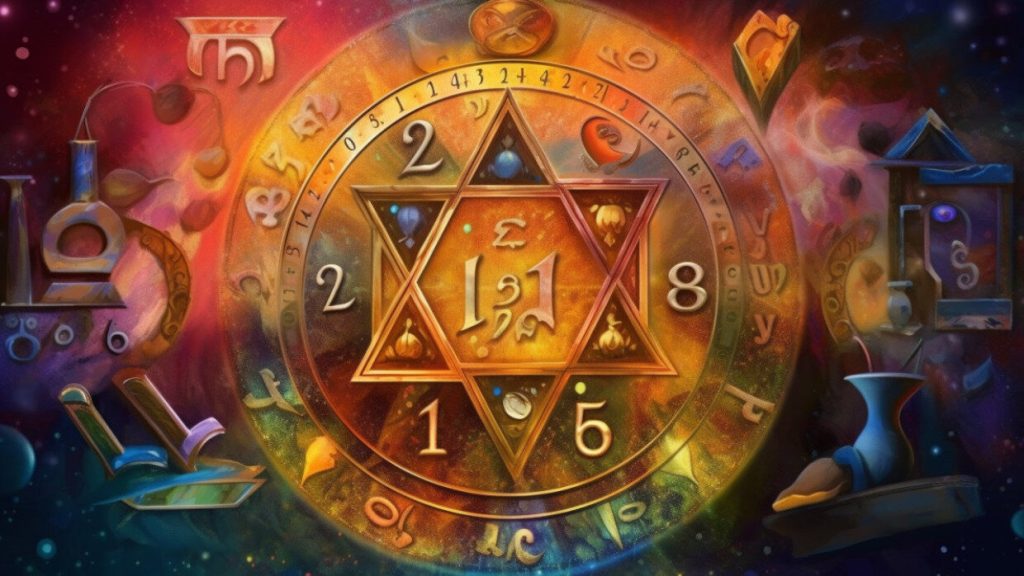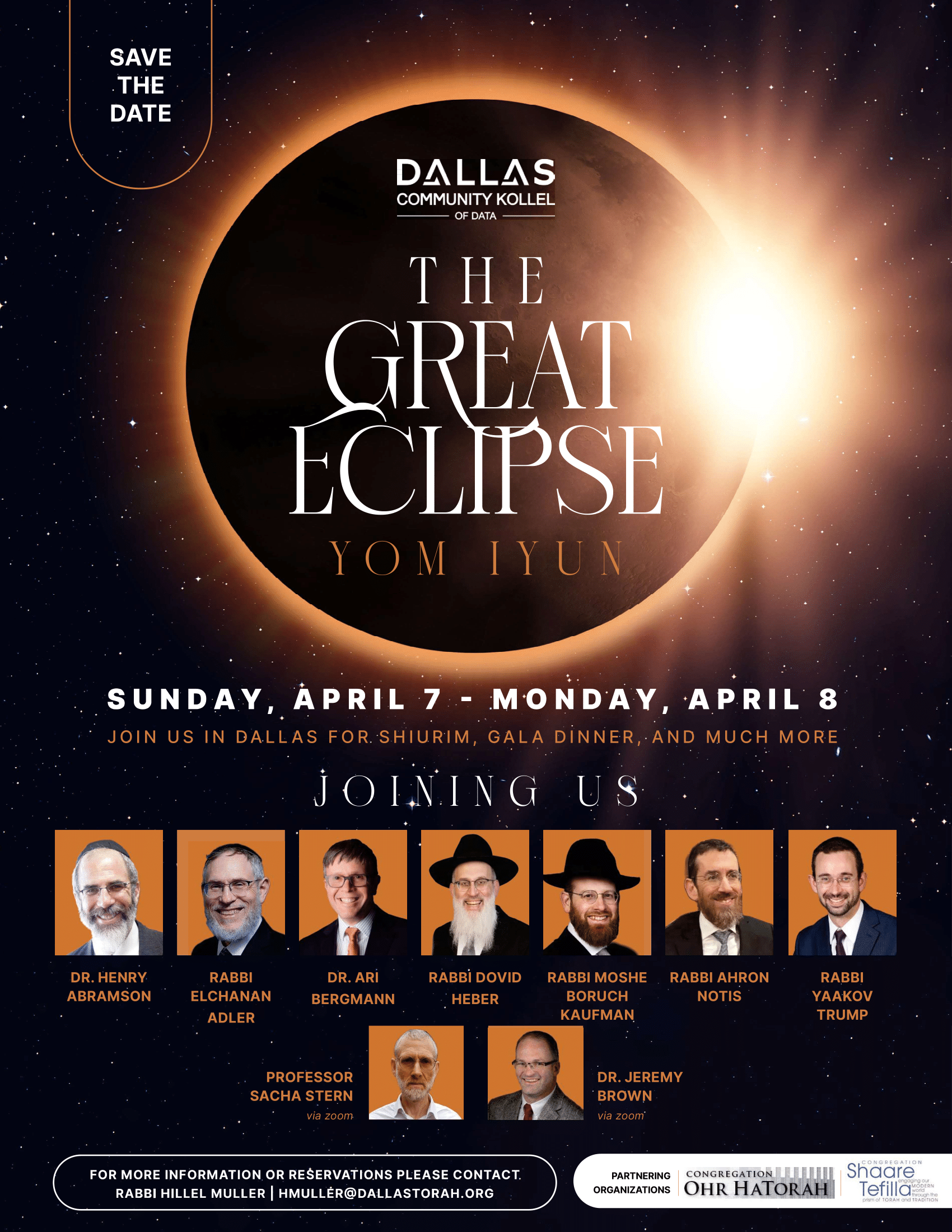Tabernacle

This time of the year, as I follow along with the readings of the weekly Torah portion, I have a lot of trouble studying the sections we are now reading that deal with the building of the Mishkan – tabernacle. First of all, I have a problem relating to it; how does a building they built thousands of years ago affect our lives. Secondly, why do these portions appear in the book of Exodus, which is the story of the Exodus from Egypt. Why are they not in the next book of Leviticus which deals with the sacrifices they brought in the tabernacle?
Life Decisions the Jewish Way

I’m wondering, what does the Torah say about how to make major decisions concerning such categories as: job, love, employment, major purchases, etc.? Is there an application from the Torah that can be applied to these and other situations in life?
Kabbalah, Gematria, Holiness (and Maimonides)

I recently heard a class which left me very confused. The instructor, who claimed to be an orthodox rabbi, spoke about Maimonides’ rejection of Mysticism. Among the mystical ideas that he supposedly rejected was that:
The Hebrew language is intrinsically holy [citing the Talmud and Mishna as being against this, i.e. the concept of gematria, etc.]
The Jewish people are a holy nation
The Torah or mitzvot contain any intrinsic holiness, [there’s no intrinsic difference between the Torah and Shakespeare]
The Land of Israel has any intrinsic holiness. He taught that to believe any of the above is idolatrous since it is assigning godliness to things that don’t have it, which is precisely why Maimonides waged a war against these ideas which are truly foreign to traditional Judaism.
So perhaps you could clarify:
Are the above ideas mystical/idolatrous ideas?
Was Maimonides really against mysticism, [as was the Talmud, according to this presenter]?
Kabbalah

I have noticed that you often offer explanations to the Torah from the “Kabbalists” or “Kabbalistic Masters”. Who are these people and how do they differ from the standard rabbinical analyses and explanations? Are they Jewish mystics?
Chanukah: Continuing the Celebration
Two questions:
how do we preserve the message of Chanukah throughout the year?
Secondly, I was studying last week’s Torah portion, and was bothered by a question. When relating the story of Joseph and his brothers, the Torah says that they threw him into a pit, “…the pit was empty, no water was in it”. I have always been taught that the Torah doesn’t use extra words; if the pit was empty, obviously there’s no water in it. Isn’t this statement redundant?
